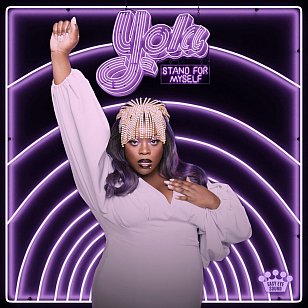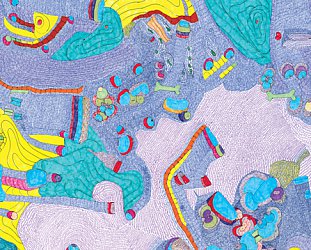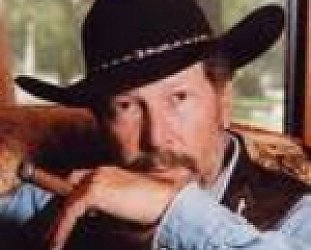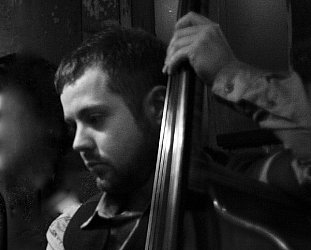Graham Reid | | 2 min read

The result was his seminal 1968 Celtic soul album Astral Weeks, much of which drew on his past seen from a physical and emotional distance.
For many artists, a new location can mean the opportunity for a new direction: American Jimi Hendrix reinventing rock in a more receptive London; Dusty Springfield finding her mature soul spirit in Memphis; David Bowie in austere Berlin (whose Low album included the instrumental A New Career in a New Town) and most recently Blondie collaborating with Cuban musicians in Havana.
Location, location, location?
Yola (Bristol-based Yolanda Quartey born to parents from Barbados) had made a decent name for herself with the local band Phantom Limb and singing with Massive Attack, Bugz in the Attic and others. But her breakthrough came in 2019 after she, in her mid-30s, went to Nashville and recorded with Dan (Black Keys) Auerbach for his Easy Eye Sound label.
The subsequent album Walk Through Fire – with superb studio musicians, Yola-Auerbach co-writing with the likes of the legendary Dan Penn – touched elements of yearning soul and country music and, like so many before her, Yola found her mature style far from home.
The album garnered three Grammy nominations in Americana and American Roots categories, and Yola herself for Best New Artist.
A commanding figure, Yola grew up with 90s Britpop but counted albums by Ella Fitzgerald and Aretha Franklin as seminal in her youth.
The modest Southern country influence she had was refined during a 2010 visit to Nashville and finding a sense of community, and specifically in songwriting sessions with Auerbach.
Her powerful, flexible voice coupled with intelligent, personal lyrics delivered a newly minted, popular classic.
Her second album Stand For Myself consolidates her achievements but with elements of Motown (Barely Alive) and Philly soul also coming through to support lyrics which are socially conscious, affirmatively uplifting about self-empowerment and also carry shadows from her past (growing up poor, relationships, the marginalised Black-British woman).
Whether it be as an intimate ballad singer (Great Divide, Like A Photograph), bringing in a little disco for Dancing Away in Tears, touching the gospel spirit or finally claiming her ground after defeats (the coiled fury of the title track), Yola again delivers an album of diverse, focused, memorable and emotionally engaging songs.
Eighteen months ago she observed of her approach, “I'm not against genres . . . I just like to move through them . . . And as freely as many other artists have been able to do over the years.”
In words echoing Morrison's, she said recently of the title track on Stand For Myself, “I'm in this moment of absolute freedom. Arriving there and feeling creatively free is how I felt about this record”.
She may be British, but Nashville is where Yola sounds creatively at home and most confident.





post a comment